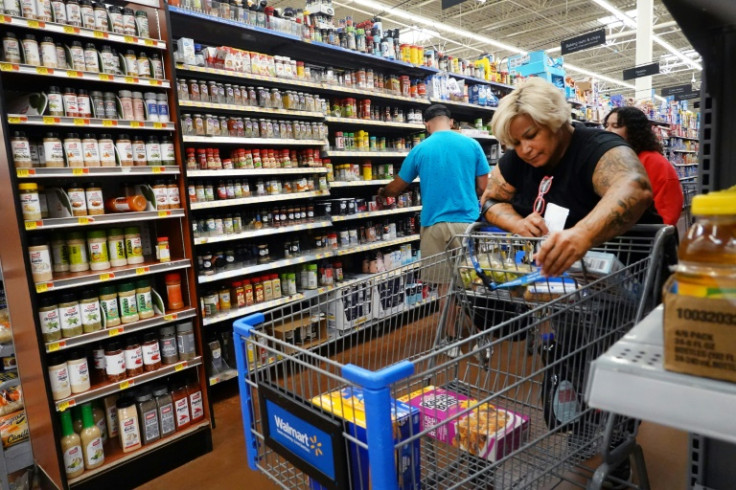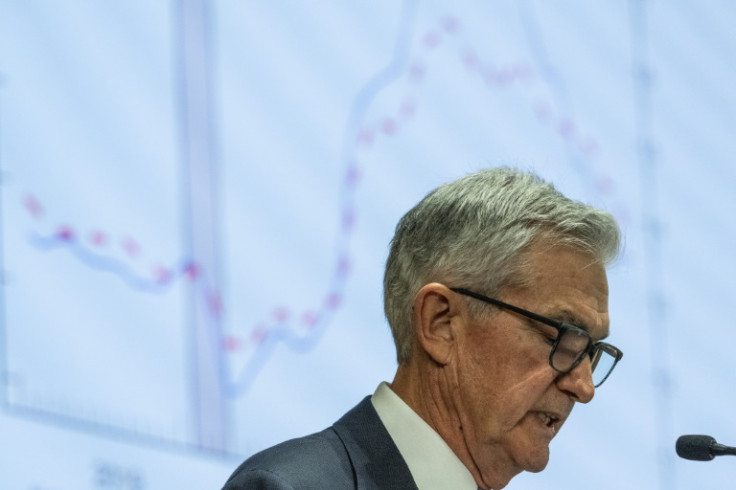Inflation Slows More Than Expected After Sharp Gasoline Price Drop

Annual inflation in the U.S. slowed to the lowest level since July and more than economists expected after gasoline prices fell.
The consumer price index rose 3.2% in October from a year earlier and was unchanged from September, the Labor Department said in a statement Tuesday. Economists surveyed by Reuters expected a 3.3% annual increase and 0.1% monthly.
The core index, which excludes food and energy items, increased 0.2% monthly and 4% annually. The readings were also below estimates. The annual core CPI had the smallest gain since September 2021.
The report showed that gasoline prices fell 5% year-over-year, putting downward pressure on the CPI. That was partially compensated by increases in food, medical care and transportation.
Rent increases, which were one of the main pressures on inflation in September, slowed to 0.3% from 0.6% monthly.
Market reacted to the data with optimism that the Federal Reserve to keep interest rates unchanged in the next meetings and possibly start reducing the rate sooner than expected.

The Fed decided on Nov. 1 to keep the U.S. key rate unchanged in the range of 5.25% to 5.5%. It's the highest level in 22 years, after the rate was increased 11 times since early last year.
Fed Chair Jerome Powell said last week that, despite the progress on the fight against inflation, members of the Federal Open Market Committee aren't sure the current level of interest rates will be enough to bring inflation down to target. He warned against "head fakes" on inflation.
"If it becomes appropriate to tighten policy further, we will not hesitate to do so," Powell said in a speech in Washington.
The Fed targets annual inflation of 2%.
© Copyright IBTimes 2025. All rights reserved.






















